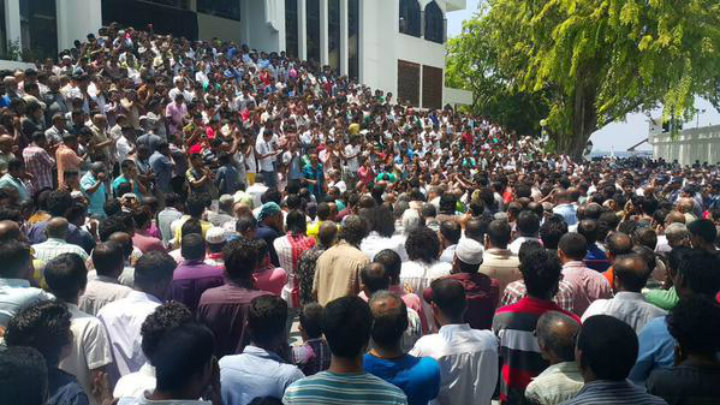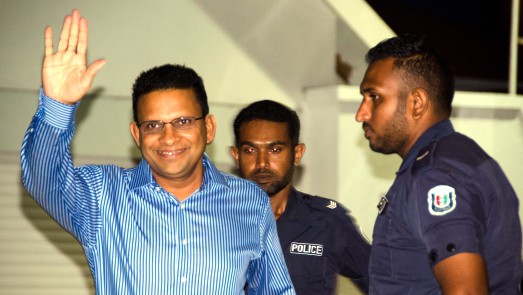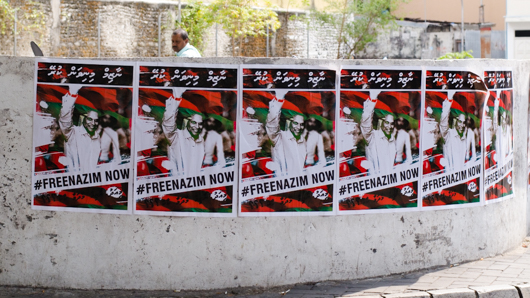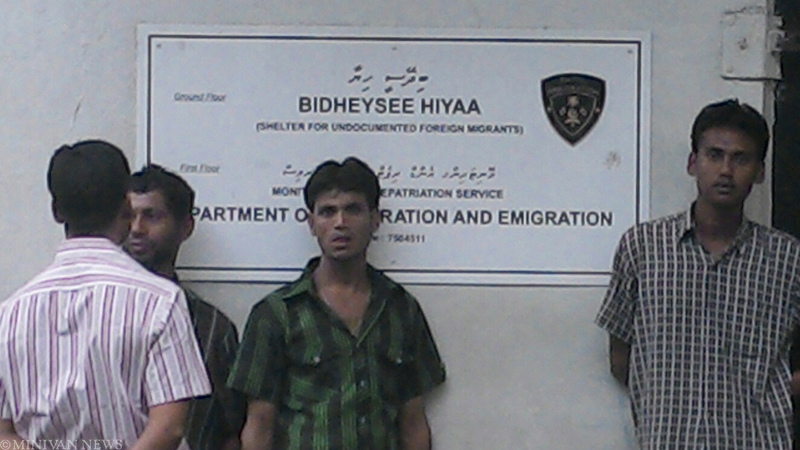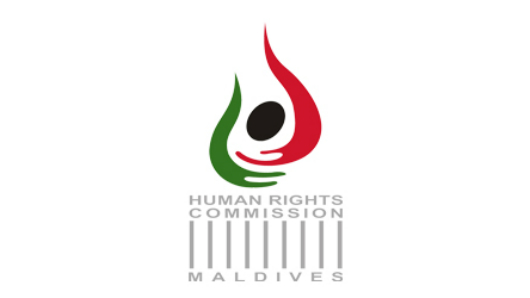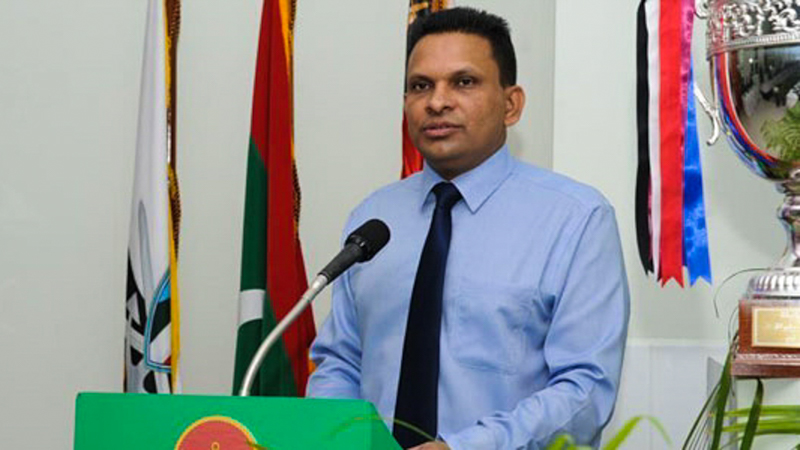Conservative Party MP Fiona Bruce has tabled an early day motion in the House of Commons this week urging the United Kingdom to take “all reasonable steps to encourage the re-establishment of democracy and rule of law throughout the Maldives.”
The motion – which has so far gained just three signatures – expressed alarm at the series of events that have led to former President Mohamed Nasheed’s removal from office, arrest, conviction on terrorism charges and sentencing to 13 years in jail.
It noted several irregularities in Nasheed’s trial, including the Criminal Court’s decision to deny legal representation at a number of hearings and to reject defence witnesses before they were heard.
Bruce, who also serves as the Chairperson of the Conservative Party’s Human Rights Commission, also highlighted that many of Nasheed’s supporters have been arrested and the live broadcast feed from the People’s Majlis chambers has been cut “so the public have very little knowledge of what is happening within the Parliament.”
She said that any allegations against Nasheed must be considered openly, and with due respect for justice and legal processes.
Early day motions are tabled by MPs to publicise a particular event or cause, and to gather support among MPs for that event or cause.
Nasheed’s terrorism trial regarding the military’s abduction of Criminal Court Chief Judge Abdulla Mohamed has drawn international concern. The UK, United States, and the European Union expressed concern over the lack of due process while Canada said it was “appalled by the guilty verdict”.
Bruce has previously called for sanctions against the Maldives, stating Britain and the international community could not afford to remain silent in the face of “such gross injustice.”
“Targeted sanctions against the international assets of senior members of the regime, as well as a boycott of tourist resorts owned by senior members of the regime of their associates, should be seriously considered. The Commonwealth should consider suspending the Maldives,” she said.
The ruling Progressive Party of the Maldives (PPM) hit back at Fiona’s comments claiming Nasheed had been “fully accorded his rights in line with the Constitution and the laws of Maldives.”
The PPM recommended Bruce do a “basic fact-check” and said the government cannot drop the charges against Nasheed, or anyone else.
President Abdulla Yameen has previously described advocating for charges to be dropped against Nasheed as judicial interference, and said foreigners must not meddle in Maldives’ domestic affairs.
The UN Special Rapporteur on Independence of Judges and Lawyers Gabriela Knaul said the trial made a “mockery” of the Maldives Constitution and said: “The speed of proceedings combined with the lack of fairness in the procedures lead me to believe the outcome of the trial may have been pre-determined.”
Meanwhile, the UN High Commissioner for Human Rights Zeid Ra’ad Al Hussein said the trial was “hasty and apparently unfair” and urged Nasheed be given adequate time to prepare and present his defence during the appeal process.
Foreign Minister Dunya Maumoon has since invited the United Nations Secretary General, the Commonwealth, Office of the High Commissioner for Human Rights, and the EU to send experts to observe Nasheed’s appeal process.
Nasheed’s legal team has suggested that tomorrow’s deadline for an appeal cannot be met, arguing that the court has not supplied the necessary documents.

